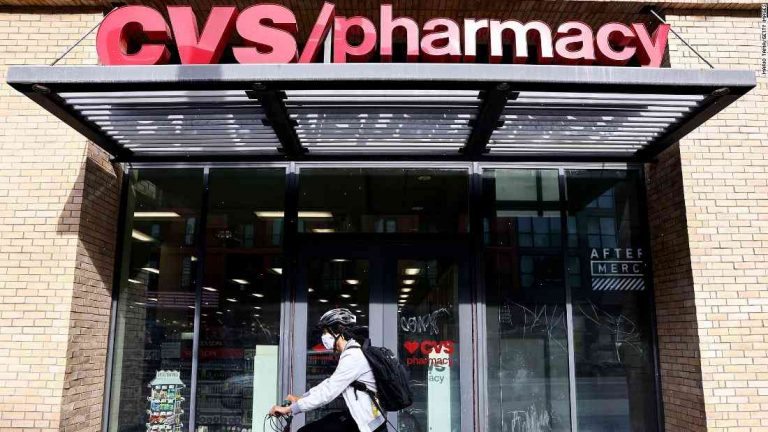— In the few weeks leading up to Sept. 11, 2001, pharmacies operated at saturation point, with pharmacy parking lots more than a third full. With larger spaces were added to one counter and pharmacists had to work longer hours. CVS Cos. had a great product that helped facilitate and enable quicker responses to emergencies, which has proved important in the last 10 years. It built up a lot of goodwill with customers. With the number of customers being a precious commodity, it was crucial for CVS to have the largest number of pharmacies.
— Imagine a hurricane on the East Coast of the United States. As weather system Barrington winds its way north, and approach southern Connecticut, the first pharmacy to see effects of the storm gets the call: First in, first out. By most people’s descriptions, CVS is a nice place to shop, and a hassle-free place to go. Although the space is convenient, cinder block boxes are likely to prove to be hard to clear and still easy to reach in time of an emergency. As the storm approaches, the center is likely to begin evacuating its patients from the pharmacy.
— CVS was able to serve two large markets with few leftovers. In preparation for Hurricane Sandy, they relocated The True Value Hardware and Home Center, where it opened its doors before Katrina hit, and Bruges, which had survived 17 inches of flood water. Katrina destroyed their stores and employees, but that didn’t stop them from rebuilding. Furthermore, they expanded their offering in the place where they picked up the customers after the storms.
— CVS also had the largest client base to further its efforts. That’s crucial to any emergency operations, but it was key during a worst-case scenario like the pandemic. As with a nurse’s office or ambulance, rapid response is critical in the hopes of saving lives. Therefore, keeping one-on-one contact with the customer that deals with emergencies is crucial. CVS took the customer sentiment seriously, and that is what ended up saving lives.
— CVS had a plan in place. This is evident in the way CVS secured its pharmacies before, during and after 9/11. Plan in advance, because at the last moment, what used to be a terminal problem becomes just an issue.
Click here for more news on CVS.
